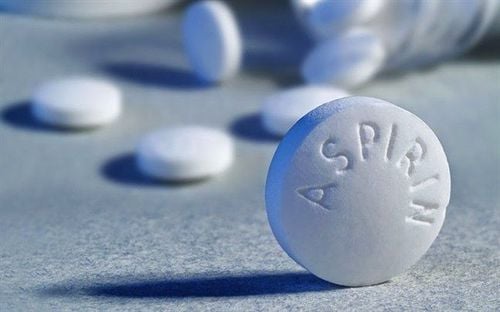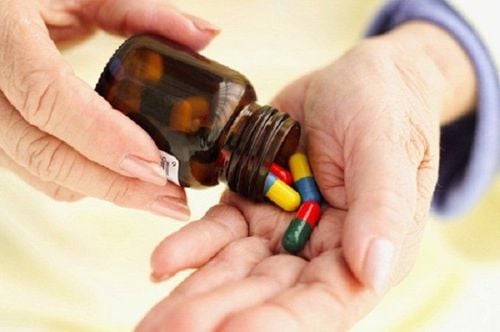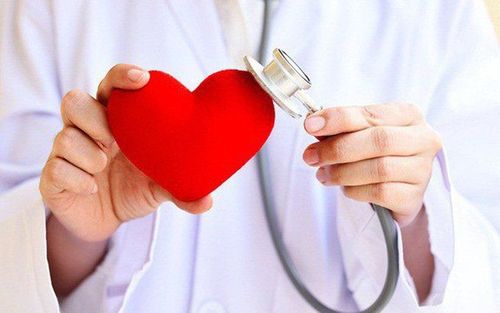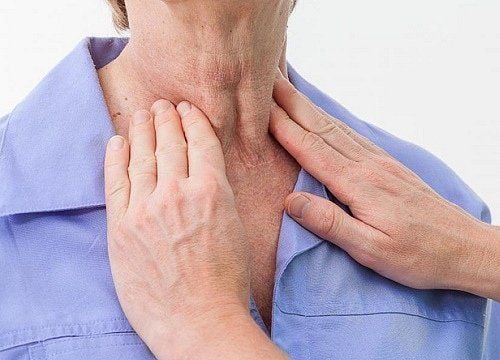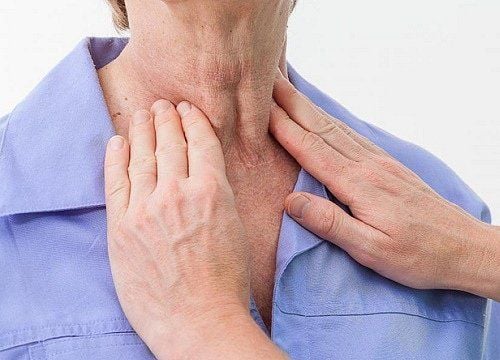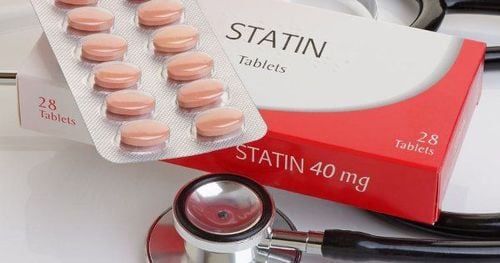This is an automatically translated article.
The article was written by Doctor of Emergency Department - Vinmec Times City International General HospitalA stroke, also known as a cerebrovascular accident, is a term that doctors often use to refer to a part of a patient's brain that is destroyed due to abnormal blood flow to the brain.
1. What is a brain stroke?
A stroke occurs when:An artery to the brain is blocked or blocked, and the part of the brain that is supplied with blood by that artery is deprived of blood for too long and leads to damage and destruction. Or an artery that feeds the brain bursts and causes bleeding into the brain parenchyma or around the brain.
2. What is the impact of brain stroke?
The consequences of a stroke depend on many factors, including:The type of organ affected and the part of the brain affected The patient receives appropriate and aggressive treatment after an acute stroke occurs. Some patients with acute ischemic stroke have only short-term effects, while others have lost important brain functions, for example some patients are paralyzed. or unable to speak. Acute cerebral stroke is one of the leading causes of death and disability worldwide.
3. How to let people know if someone has had a stroke?
There is a very easy way to remember the signs of a stroke, which often appear suddenly with the following 4 characteristic signs. The four remarkable expressions above can be combined in an easy-to-remember word "FAST" in English as "FAST" as follows (Figure 1)Face: looking at the two sides of the face asymmetrical or one side of the face. Arm sag (Arm): Does the patient have weakness or numbness in one or both arms? Does the patient's arm drop when attempting to move? Speech: Does the patient have difficulty speaking? do you speak unusual languages? Time is golden (Time): If you notice any of the above signs, you need to immediately call an ambulance (dial 115) to take the patient to the hospital right away for timely examination and treatment to reduce the risk of illness. Minimize stroke sequelae (the sooner the better).
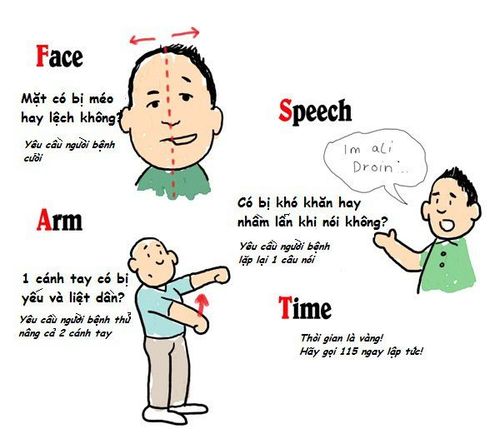
Các biểu hiện của cơn đột quỵ não cấp
4. How are stroke patients treated?
To get the right treatment, the doctor needs to know the type of stroke the patient has (caused by a ruptured blood vessel in the brain or a blood vessel in the brain), so the patient needs to be transported to the hospital as quickly as possible.If the patient has a stroke due to cerebral vascular occlusion (cerebral infarction), it is necessary to:
The patient needs to be re-opened early, when early recanalization of the occlusion can make the patient's symptoms recover. of a complete stroke The patient should be given medications to prevent the formation of new blood clots, which also help prevent future (future) strokes. If stroke is caused by bleeding, the patient should:
Apply treatment to reduce brain damage as a result of blood flowing into the brain or around the brain Immediately stop the use of drugs that increase bleeding , or reduce the dose depending on the drug Perform surgery or procedure to treat a broken blood vessel to stop further bleeding (this is not always possible)
5. Can a stroke be prevented?
In fact, a lot of brain strokes have been prevented, to do this we need to reduce the risk factors that promote stroke by:Take the right medicine and regularly to treat the symptoms. Existing and known conditions such as:
Lifestyle changes such as:
Another way to prevent a stroke is to have surgery or a procedure to re-open a narrowed artery in the neck, this is the only treatment applied to a small number of special patients.

Hãy bỏ thuốc lá để ngăn ngừa nguy cơ đột quỵ não cấp
6. What is a transient ischemic attack?
When a transient ischemic attack occurs, that is, the cerebral ischemia causes symptoms but does not destroy the brain, because a blood clot causes a temporary blockage of the cerebral artery and then clears on its own, which leads to a blood clot. They move again and cause blockages elsewhere if they are not completely resolved.Transient ischemic attack has stroke symptoms that don't last long but are very dangerous, if someone has these symptoms, there is a very high risk of stroke, so that person needs to see a doctor doctor immediately so that preventive measures can be taken to prevent a real stroke. Don't ignore the symptoms of a stroke even if they go away on their own.
Currently, Magnetic Resonance Imaging - MRI/MRA is considered a "golden" tool for brain stroke screening. MRI is used to check the condition of most organs in the body, especially valuable in detailed imaging of the brain or spinal nerves. Due to the good contrast and resolution, MRI images allow to detect abnormalities hidden behind bone layers that are difficult to recognize with other imaging methods. MRI can give more accurate results than X-ray techniques (except for DSA angiography) in diagnosing brain diseases, cardiovascular diseases, strokes,... Moreover, the process MRI scans do not cause side effects like X-rays or computed tomography (CT) scans.\
Vinmec International General Hospital currently owns a 3.0 Tesla MRI system equipped with state-of-the-art equipment by GE. Healthcare (USA) with high image quality, allows comprehensive assessment, does not miss the injury but reduces the time taken to take pictures. Silent technology helps to reduce noise, create comfort and reduce stress for the client during the shooting process, resulting in better image quality and shorter imaging time. With the state-of-the-art MRI system With the application of modern methods of cerebral vascular intervention, a team of experienced and well-trained neurologists and radiologists, Vinmec is a prestigious address for stroke risk screening and screening. reliable goods.
In the past time; Vinmec has successfully treated many cases of stroke in a timely manner, leaving no sequelae: saving the life of a patient suffering from 2 consecutive strokes; Responding to foreign female tourists to escape the "death door" of a stroke ;...
Please dial HOTLINE for more information or register for an appointment HERE. Download MyVinmec app to make appointments faster and to manage your bookings easily.




